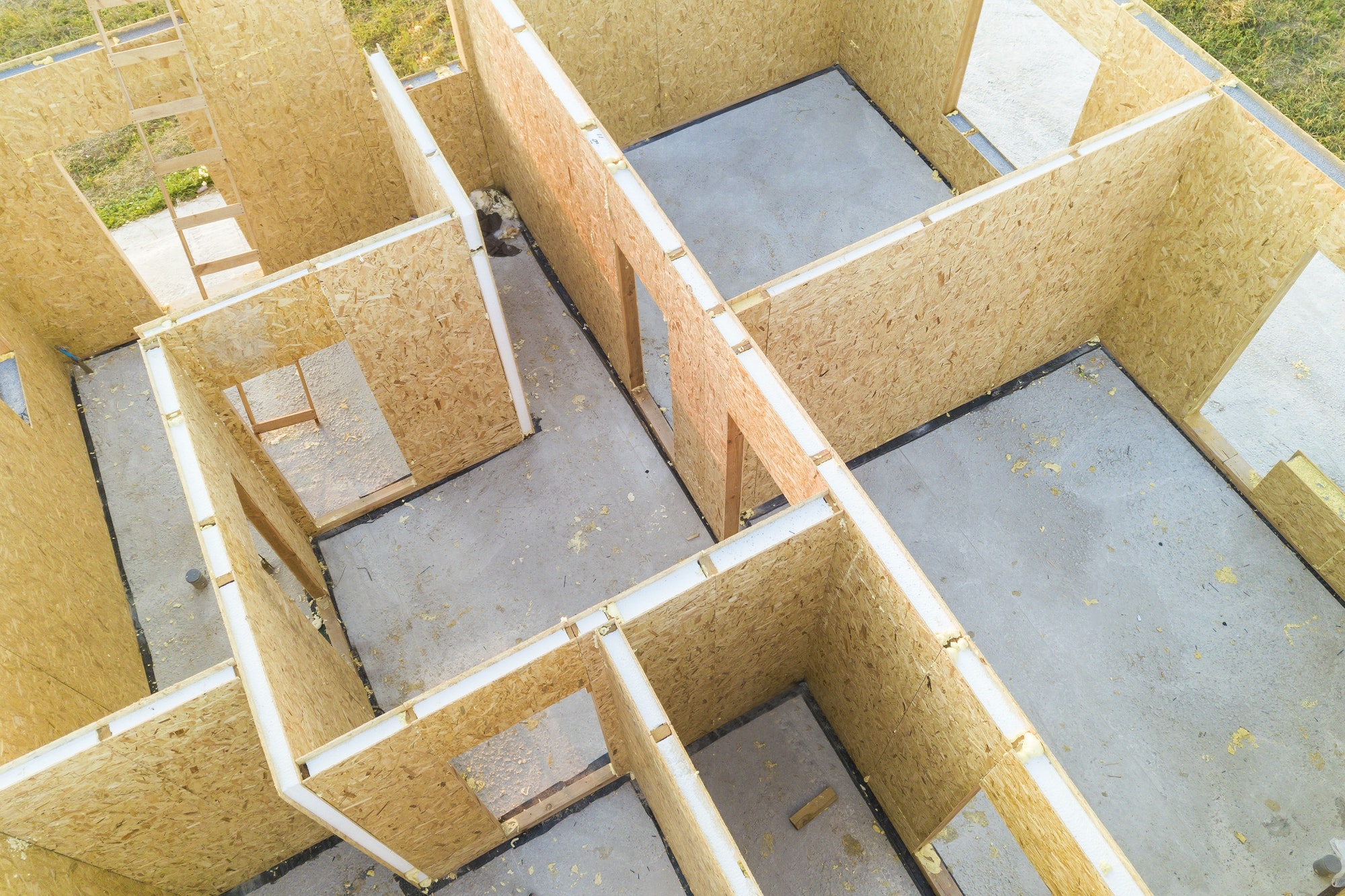As the world shifts towards sustainable practices, modular homes are rapidly becoming an attractive alternative to traditional housing. They represent the future of the construction sector, offering a range of significant advantages, particularly in terms of affordability and environmental sustainability. In this context, let’s discuss how these innovative homes, built largely off-site and then transported to their final location, are revolutionising the housing landscape in the UK and tackling issues such as homelessness and rising housing costs.
The Overview of Modular Construction
Modular construction involves designing and manufacturing a home in modules, or sections, off-site. These are then transported to the building site and assembled. This innovative method is often used to build affordable, energy-efficient homes swiftly. It’s a process that’s disrupting the traditional construction sector by offering a faster, more sustainable way to create homes.
A découvrir également : Can Machine Learning Algorithms Improve Diagnostic Accuracy in UK Hospitals?
Modular construction has evolved from a niche sector into a serious contender in the housing industry. This growth can be attributed to the numerous benefits it offers, such as cost-effectiveness, time efficiency, and sustainability. If you’re considering a new home or business premises, modular construction is an option that’s worth considering.
Economic Benefits of Modular Homes
Modular homes can save not only time but also money. The streamlined construction process reduces time on-site, lowering labour costs. The controlled factory environment minimises waste and allows for bulk purchasing of materials, bringing down overall costs.
Lire également : What Are the Best Sustainable Practices for Managing UK’s Forest Ecosystems?
One of the critical factors contributing to homelessness in the UK is lack of affordable housing. Modular homes can play a crucial role in addressing this issue. They offer a more affordable alternative for people who otherwise wouldn’t be able to own a home. In a country where property prices are skyrocketing, this is a welcome relief.
Moreover, planning and designing a modular home can be more predictable and manageable. Unexpected costs that often arise during traditional construction are eliminated, making budgeting more straightforward. This level of predictability is highly appreciated by those building their homes for the first time.
Environmental Sustainability of Modular Construction
Modular homes are not only economically viable but they also align with the global push towards sustainability. As awareness of the environmental impact of traditional construction methods increases, more and more people are turning to sustainable options, including modular homes.
By building in a factory, manufacturers can better control the construction process, reducing waste and conserving energy. The materials used in modular homes are often sustainably sourced, contributing to a smaller carbon footprint. Moreover, modular homes are typically designed with energy efficiency in mind, leading to reduced energy consumption and lower utility bills.
In addition, modular construction can significantly decrease the disruption on the building site. By completing a majority of the construction off-site, the negative impact on the local environment and community is reduced. This includes less noise pollution and reduced construction traffic, making modular homes a more neighbourly choice.
The Influence of Modular Homes on the Housing Sector
The rise of modular homes in the UK indicates a significant shift in the housing sector. As more people become aware of the economic and environmental benefits of these homes, the demand for modular construction is expected to increase.
Modular homes are helping to democratise the housing market, making home ownership more accessible to a broader demographic. For individuals who have been priced out of the traditional housing market, this is a game-changer. This accessibility, coupled with the speed of construction and the environmental benefits, makes modular homes an attractive proposition for many.
Furthermore, the modular construction industry’s growth is also generating jobs, contributing to the UK’s economy. As the sector expands, more skilled jobs are created in manufacturing and installation, making it a vital part of the country’s economic development.
The Future of Modular Homes
Looking ahead, the future for modular homes in the UK looks bright. With the pressing need to combat the housing crisis and the increasing importance placed on sustainable living, the popularity of modular homes is set to grow.
This rise in popularity is also expected to stimulate innovation in design and technology, leading to even more efficient and sustainable housing solutions. As the industry evolves, we can anticipate seeing homes that are not only built faster and more affordably but also homes that push the boundaries of energy efficiency and sustainable design.
In conclusion, modular homes are transforming the UK’s housing landscape in remarkable and necessary ways. As we look to the future, it’s clear that these innovative homes will play a crucial role in shaping a sustainable, affordable housing sector.
Social Impact of Modular Homes
Modular homes are not only transforming the housing market and construction industry, but they are also creating significant societal changes. One of the most critical areas they are impacting is the homelessness crisis. According to a case study done by Cambridge City Council, an increasing number of people experiencing homelessness have been able to transition into stable housing through the use of modular homes. They have been used as a quick, cost-effective solution for providing much needed social housing.
Modular homes are instrumental in addressing the lack of affordable housing, which is one of the leading causes of homelessness. The challenge has always been to provide quality, permanent housing that is affordable, and modular housing has proven to be an effective solution.
The modular construction method also opens opportunities for young people and others who have been unable to enter the traditional housing market. This is a significant step towards promoting social equality and improving living conditions for countless individuals.
Furthermore, city councils across the UK are recognising the potential of modular homes as an effective way to address the housing crisis. They are increasingly adopting them as part of their strategies to provide affordable housing and reduce the number of people experiencing homelessness.
Conclusion: A Sustainable and Progressive Solution
In summary, the economic and environmental advantages of modular homes make them a viable solution for the housing crisis in the UK. Modular construction’s lower costs, quicker build times, and more reliable timelines are providing relief for many who have previously been priced out of the housing market.
Moreover, modular homes’ environmental sustainability aligns with the global push towards greener living. Their energy efficiency and reduced construction waste contribute to a more sustainable housing sector.
The societal impact of modular homes is also significant. By providing affordable housing options, they can help address homelessness and make housing accessible to more people.
As the sector continues to grow and evolve, it is expected to stimulate innovation in design and technology. This could lead to even more efficient and sustainable modular houses.
Therefore, as a final report, it is clear that modular homes have transformed the UK’s housing landscape. Looking ahead, they are set to play a crucial role in shaping a sustainable, affordable housing sector for future generations.
According to Google Scholar, the interest in modular buildings has been increasing, demonstrating a growing recognition of their potential. They are no longer seen as a niche sector but a serious contender in the housing market.
Thus, embracing modular homes is not just a trend but a necessary step towards a future that values sustainability, affordability, and social equality.






